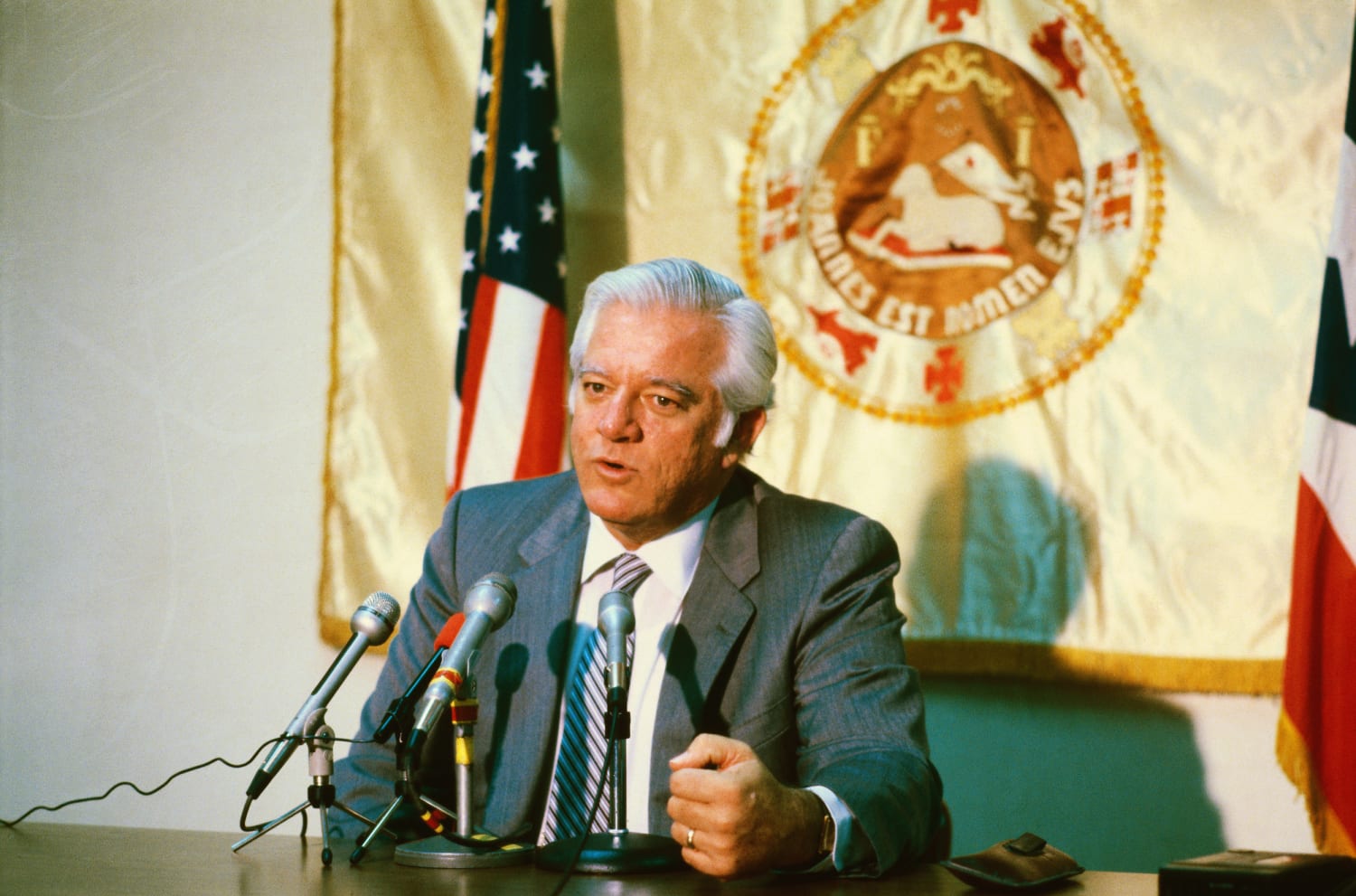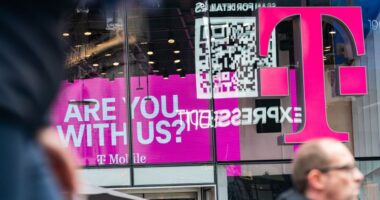Carlos Romero Barceló, a staunch advocate of Puerto Rican statehood and the island’s governor from 1977 to 1985, died Sunday night at the age of 88, his family said in a statement.
In March, his family said he was in fragile condition as a result of bacterial infections.
Puerto Rico Gov. Pedro Pierulisi declared a period of mourning of 30 days.
The island’s most prominent pro-statehood leaders expressed their condolences on social media as they marked his influence on their movement. “We have lost a leader in the search of equality,” tweeted Resident Commissioner Wanda Vázquez Merced, Puerto Rico’s nonvoting member of Congress.
Alfonso Aguilar, president of the Latino Partnership for Conservative Principles, tweeted: “Today #PuertoRico & our nation lost a great leader & patriot, former Governor #CarlosRomeroBarcelo…‘Til the very end he fought for the full equality of the US citizens of Puerto Rico. It was an honor to know him & work alongside him.”
Before becoming governor, Romero Barceló was the mayor of San Juan from 1969 to 1977. He was also the island’s resident commissioner from 1993 to 2001. During this time, he supported the elimination of Section 936, the corporate tax exemption that was instrumental in establishing U.S. manufacturing facilities on the island and a catalyst for thousands of jobs. Instead, he pushed for statehood, a quest he continued over the decades.
Cerro Maravilla controversy
On social media, Romero Barceló’s death spurred criticism from those who pointed out that he was governor during one of the island’s most contentious incidents — the Cerro Maravilla case. Two young pro-independence activists were ambushed and killed on a mountaintop; one was kneeling as he was shot to death.
Authorities initially said the police acted in self-defense during a shoot out and Romero Barceló had praised the police actions. But the police version was disproved and 10 officers were sentenced to prison, including two who were convicted of second-degree murder. Though federal investigations did not find evidence that Romero Barceló’s office knew of the plans for the police ambush, the former governor was blamed by many for the incident.
“Young men, you can rest in peace now,” a Twitter user, Xavier Burgos, wrote, reflecting what others wrote on Twitter.
Romero Barceló came from a political family; his grandfather Antonio R. Barceló was the first president of the island’s Senate. Though Romero Barceló — like his grandfather —had advocated for Puerto Rican independence during his youth, he became part of a group advocating statehood in the late 1960s that formed the basis for the New Progressive Party, one of the island’s two main political parties.
Follow NBC Latino on Facebook, Twitter and Instagram.
Source: | This article originally belongs to Nbcnews.com











